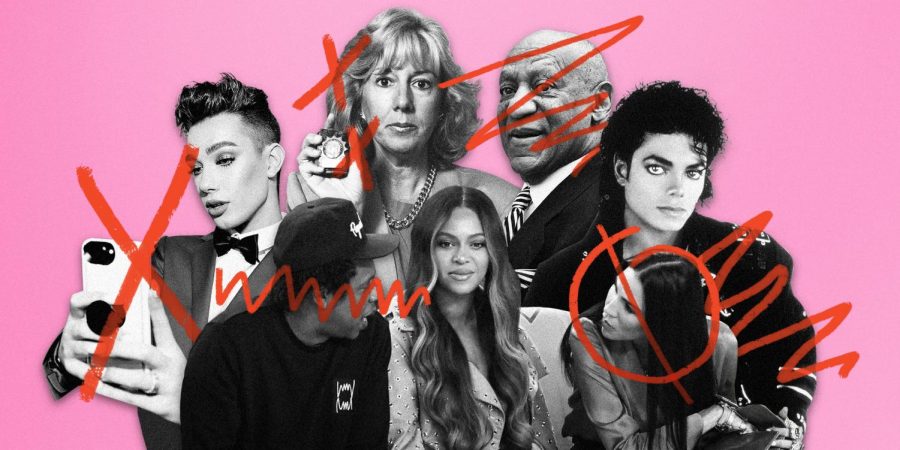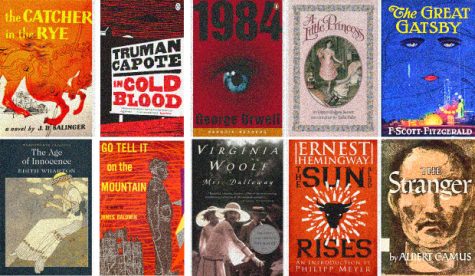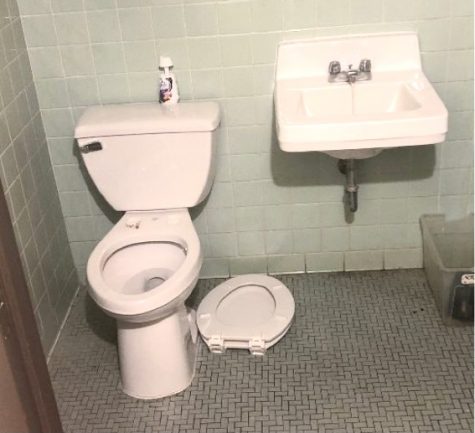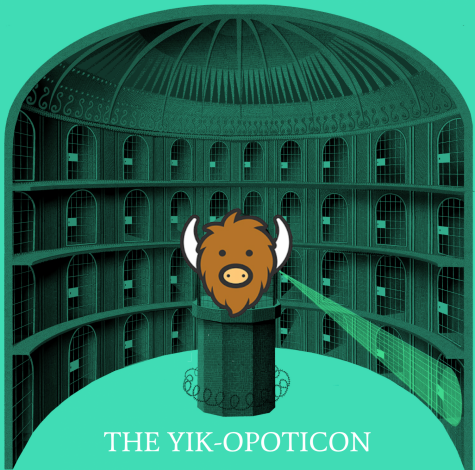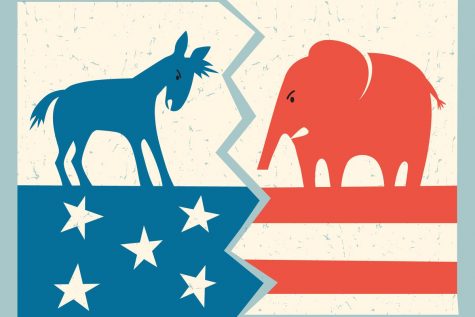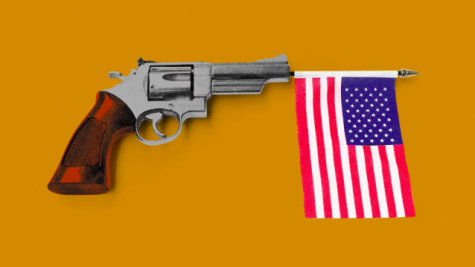Should Cancel Culture Be Cancelled?
September 9, 2021
Over the years, and since its first introduction to society, media and technology have been highly debated on its benefits. While technology has given us easy access to knowledge and information, it has also given us easy access to criticize other people. Especially with the rise of Twitter, Instagram, Yik Yak, and Facebook, people of all ages can say their opinions and critiques about ideas, most of the time, under an alias. Having such an easy way to communicate your opinions and ideas about something can be beneficial if it’s positive. For example, maybe you want to advocate for climate change or start an organization to help people in poverty. Maybe with these ideas you want to spread the word and gain help with your funding. However, what if while browsing through social media you see something negative about your organization? What if you see somebody who does not support you and takes it out on your page? As a result, wouldn’t your organization easily turn into something negative?
What can you do then? If this situation were in person most people would debatably not approach the person. The main reason for this is people are often not as confident in person as they are online. In addition, a person’s inner thoughts and opinions aren’t always evident when meeting them in real life. This contrasts with social media where a stranger can tweet, post, and type something they believe, which might be wrong to another. If a majority of people think what one person said is ‘wrong’ they now have the opportunity to state their opposite opinion within seconds. If enough people agree with this opposite opinion maybe it is then blown out of proportion. Maybe what the original person said was so wrong they need to have their right to speak on social media revoked, and thus cancelled.
But what is the effect of this ‘cancel culture’ on society and how does it really hurt the person who is being ‘cancelled’? What do we gain, as opposed to negativity on social media gain? The answer might be nothing but wasted time.
We have seen many examples of ‘cancel culture’ on multiple social media platforms. For example, recall James Charles’ comments made on twitter before his trip to Africa in 2017. In this situation, Charles tweeted a message stating his fear of catching Ebola when going on his trip. While taken as a lighthearted joke to him, conveyed a derogatory statement against the people in Africa suffering from the virus. Similarly, recall Logan Paul’s video of his trip to Japan where he filmed his journey into the suicide forest which has now been removed from YouTube. If these still don’t ring a bell recall the recent incident with youtuber David Dobrik involving his group of friends accused of sexual assault under his knowledge. Between these influencers and many more who have been ‘cancelled’ there seems to be an ongoing trend that takes on multiple steps, as I have analyzed myself:
- Influencer post/does something ‘wrong’
-
- Group A notices this is very wrong and comments on it.
- Group B says nothing and moves on.
- Group C are avid fans of the influencer, and although they notice something wrong, chooses not to say anything.
- Fans start to speak up
-
- Group A starts to gain attention.
- Group B begins to question what they saw.
- Group C attempts to defend the action.
- Post/Video/Tweet begins to spread to the news, and all platforms of social media
-
- Group A continues to gain more traction, now gaining people from Group B and some from Group C.
- Influencer Needs to Act
-
- Group B continues to get smaller and smaller.
- Group C diminishes.
- Group A is now the leader in defeating the influencer.
- Influencer admits they are wrong and issues an apology
-
- All groups of people debate over whether the apology was adequate, and most of the time it was not.
- Influencer attempts to retaliate, sometimes releasing another apology or doing something even more extravagant to gain their reputation back
-
- All groups of people, growing tired of this long-standing debate pass off the whole thing by saying the influencer is now “cancelled”
- The influencer keeps quiet for a while then months later they reappear in their usual ways.
- No one says anything anymore
-
- Influencer eventually gains back fanbase enough to continue to make a living on social media.
- Influencer goes somewhat unnoticed.
One thing that is personally hard for me to understand is to what extent people can be wrong. While in my mind things I don’t believe are right or wrong to another person, it might be the complete opposite for them. Who am I to say that what another person says is wrong, and how is it my job to say if they are ‘cancelled’? I’m not sure why because while there are things that I know are wrong I don’t want to hurt people around me, because really what does that solve? I mean just look at what’s happening under the wraps: we have youtubers and people who we ‘cancelled’ a few months ago but now watch their content with our friends when we are bored. What was the point of everyone on twitter slamming them and criticizing them if we let them come back so easily and let other people do the same thing?
The truth is we can’t fully eradicate the whole world of hatred. We can’t all have the same opinions, and we can’t keep tearing each other down if it doesn’t solve anything. With the cycle and the steps I listed above, it is evident that at this point people know how to gain back trust with a simple step by step. When Youtubers do something wrong they know exactly what to do to ‘make it right’ and still maintain their career, but that doesn’t mean they really learned anything. Really, they just did something wrong, found out how to appease the people and came back like nothing was wrong. For example, Logan Paul whose Japanese Suicide Forest video was possibly the largest YouTube controversy of all time has recently just gained tons of revenue from his recent boxing match with Conor McGregor. What was the point of cancelling them? What was the point of getting angry when just three years later we are willing to support him in a boxing match? Maybe you can answer.



